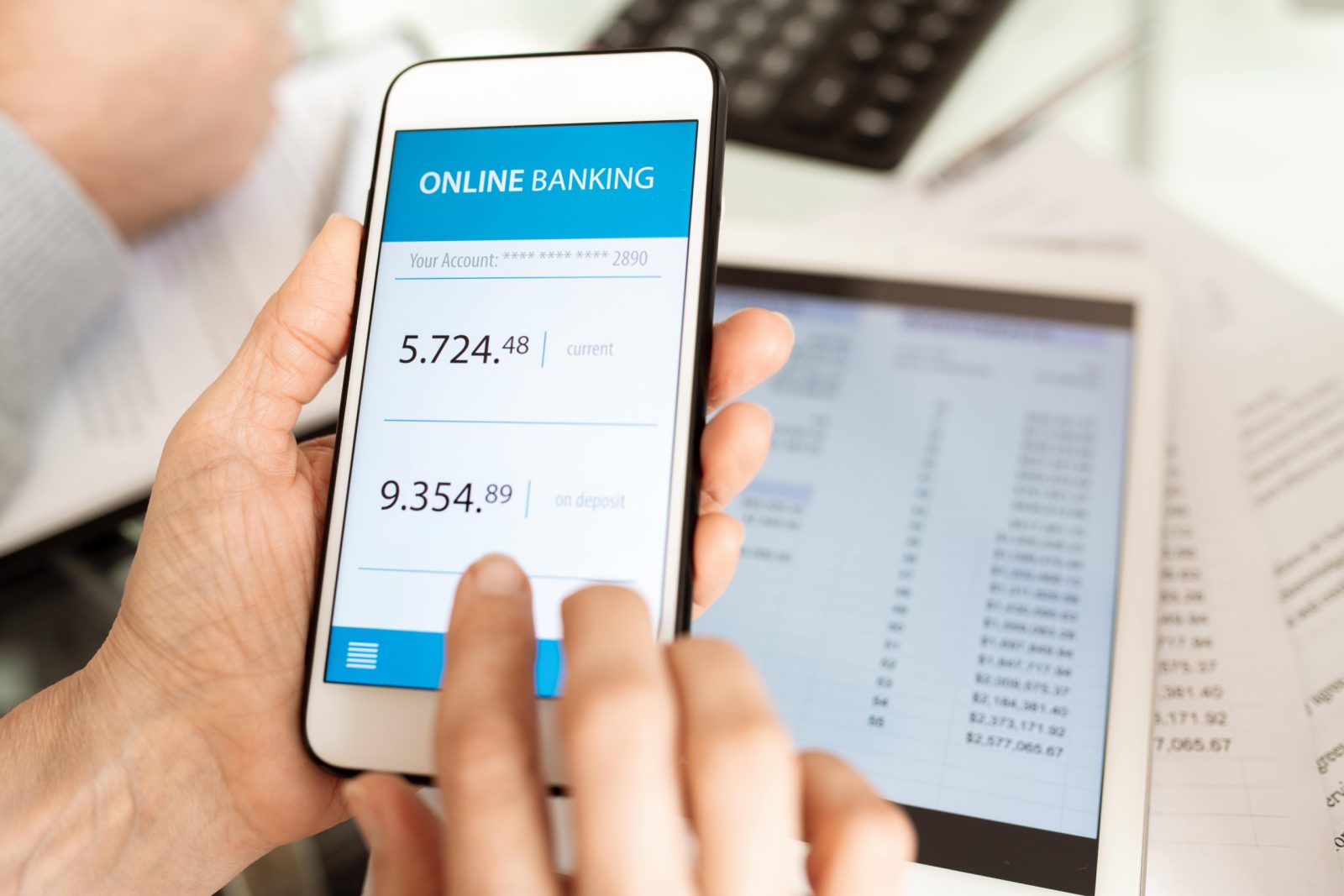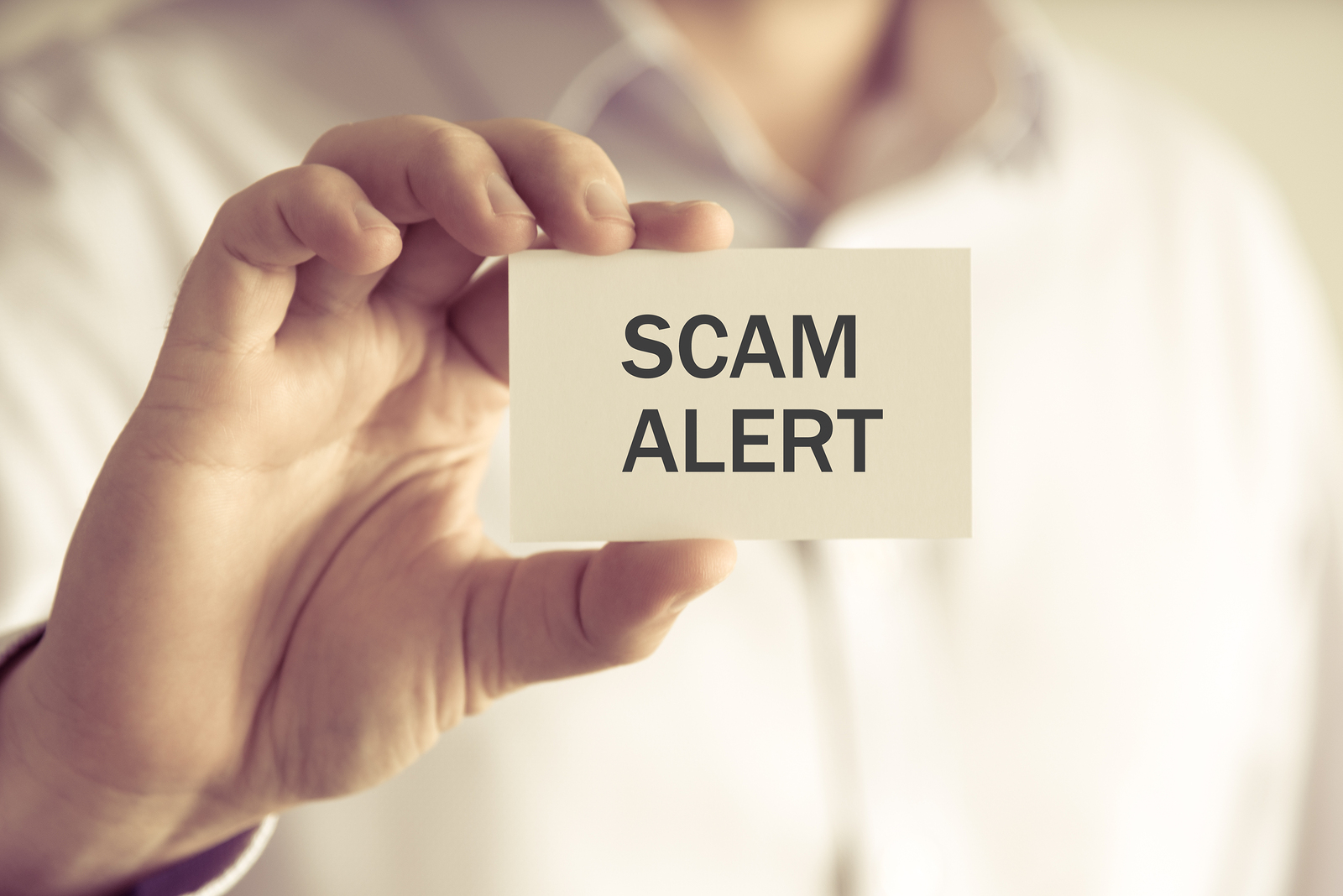Yes, it’s legal to transfer money from a business account to a personal account, it happens all the time. But whether you are running your business as a sole trader, or a limited company, will make a difference.
Taking money from the business as a sole trader versus as a limited company
As a sole trader, your business and personal finances are effectively one and the same. That means that any profits the business makes are simply yours to keep, so withdrawing money from the business is pretty straightforward in terms of accounting.
With limited companies it’s different. The business is a separate legal entity, so you can’t just take money out without following a set process. Normally you would take money out of the company:
- As a salary
- In the form of dividends
- To reimburse business expenses that you paid from your personal account
- As a director’s loan
As you can see, taking cash isn’t illegal, but it’s crucial that you have clear cut audit trails. Otherwise, mixing up personal and business transactions can easily get you in a muddle. In this quick guide, we’ll briefly look at why and how you might take money out of your business for personal use.
Drawing a salary from your business
Paying yourself a salary a common way to take money out of your limited company regularly. It’s up to you how much you pay yourself, but lots of directors tend to pay themselves a tax-efficient combination of a lower salary and then dividend payments.
As a sole trader you can still pay yourself a regular salary, but it’s usually not necessary to set up payroll if you’re the only person in the business. Instead, you could just take the money on a regular basis. You’ll still pay tax and NI on all of the business’s profits, even if you don’t ‘withdraw’ them from the business.
Director’s loans in limited companies
As the name implies, director’s loans are just that, so it’s not a facility that’s available to sole traders. That said, sole traders simply keep the profits from the business anyway. There’s no need to account for taking money in this way.
A director’s loan can be a useful way of moving funds from your business account into your personal account. It can also be helpful if you ever need to meet unexpected costs, for example. Just be aware that there are accounting and tax implications for using your director’s loan account.
You should try to repay your director’s loan prior to the end of your financial year. If not, it may be seen as additional income, so you’ll pay extra tax, known as S455, on any balance still outstanding.
Receiving dividends
Another way to withdraw money from a limited company is with dividend payments. For a tax-efficient way of taking money out of your business, you’d be hard pressed to do better than dividends.
Dividends are paid from any profit left over after Corporation Tax and are often paid in addition to a salary. They’re usually taken at the end of the company’s financial year (so that you know for sure how much is available to take safely).
There aren’t any rules which prevent you taking them more frequently, but it’s a good idea to pay them at regular intervals. It reassures HMRC that you’re managing the company’s finances appropriately!
If the company has other shareholders, they should receive dividends at the same time. The amount everyone receives is based on the proportion of the company they own. This means there may be less for you to withdraw that it first appears.
Withdrawing cash for personal expenses
If you want to take money from your limited company, via cash or cheque for instance, to be spent on personal items, make sure you keep absolutely accurate, watertight records. You should be able to see at a glance when the cash was taken out, and how much was withdrawn.
At the end of the financial year, any outstanding amounts could well be deemed as income by HMRC, which will mean paying tax and NI on it.
Business expenses reimbursement
Any business expenditure should really be paid from your business bank account wherever possible. However, you might decide to pay for certain incidentals from your own account. For example, train tickets or a coffee, but you don’t have a company credit card.
As long as the expenditure is entirely for business purposes, you’re well within your rights to claim back the cost. It’s not new personal income and will mean you’re not out of pocket when the payment was for something business-related.
Keeping things simple
At this point there are a few tips we wanted to point out around keeping your accounting straightforward.
Firstly, bear in mind that if you make withdrawals pretty frequently from your business account to your personal account, you or your accountant will probably end up spending more time on record keeping. This is why we really recommend only withdrawing cash if you absolutely have to.
Plus, don’t forget that banks and accountants must, by law, inform the National Crime Agency if they think any transactions are suspicious. It’s part of their duty to help prevent money laundering or fraud.
Withdrawing cash regularly can also make it trickier to get an accurate idea of your cash flow. Understanding exactly what cash you’ve got where makes it easier to meet your commitments to creditors and suppliers.
As a final point, it’s possible that any money you do withdraw from your business for personal reasons will attract certain interest charges or penalties for late payment on business expenditure.
Benefitting from personal liability protection
Setting yourself up as a limited company means protecting yourself against your company’s debts. In other words, you’ll never have to sell your own assets like your home should your business end up in financial hot water.
However, it’s worth pointing out that if your company does unfortunately start to struggle, avoiding any legal action could prove difficult if too much cash has been withdrawn for personal spending, and therefore funds aren’t available.
Presenting a clear, accurate financial picture
Healthy businesses grow, but financing that growth can be difficult unless you’re able to show a clear financial picture. Potential lenders and investors will always want to examine the business accounts very closely indeed. Too many personal withdrawals may make them uncomfortable, and suggest that the business’s finances aren’t be managed correctly.
Potential clients may also want to see financial stability when assessing suppliers – for instance if you tender for a larger contract. Again, this makes it well worth keeping personal withdrawals to a minimum, so your cash flow is accurately presented.
We always recommend seeking the guidance and expertise of an accountant. That way, you can be sure that you’re doing everything by the book, and in the most tax-efficient way possible!








Leave a Reply